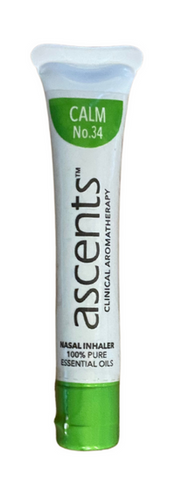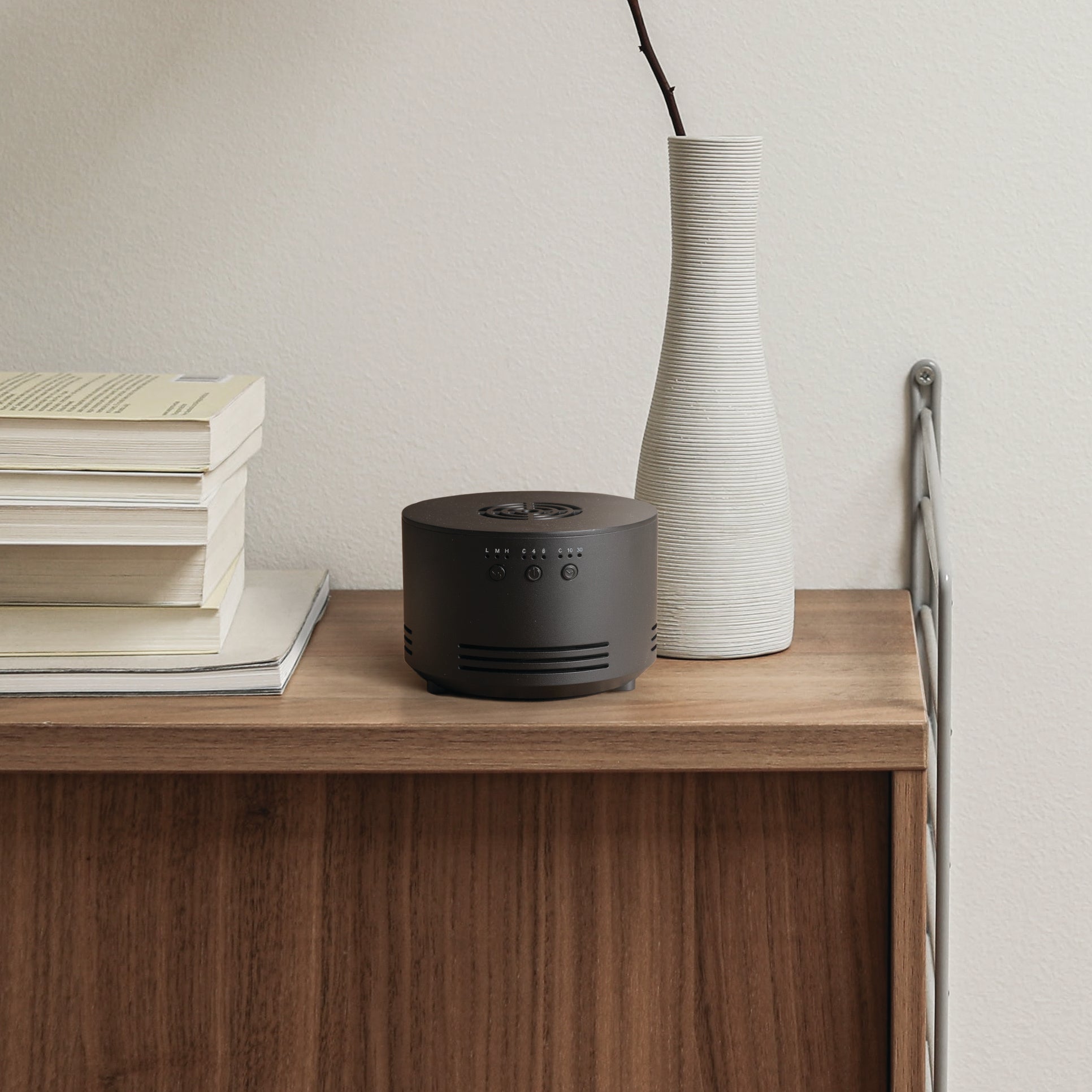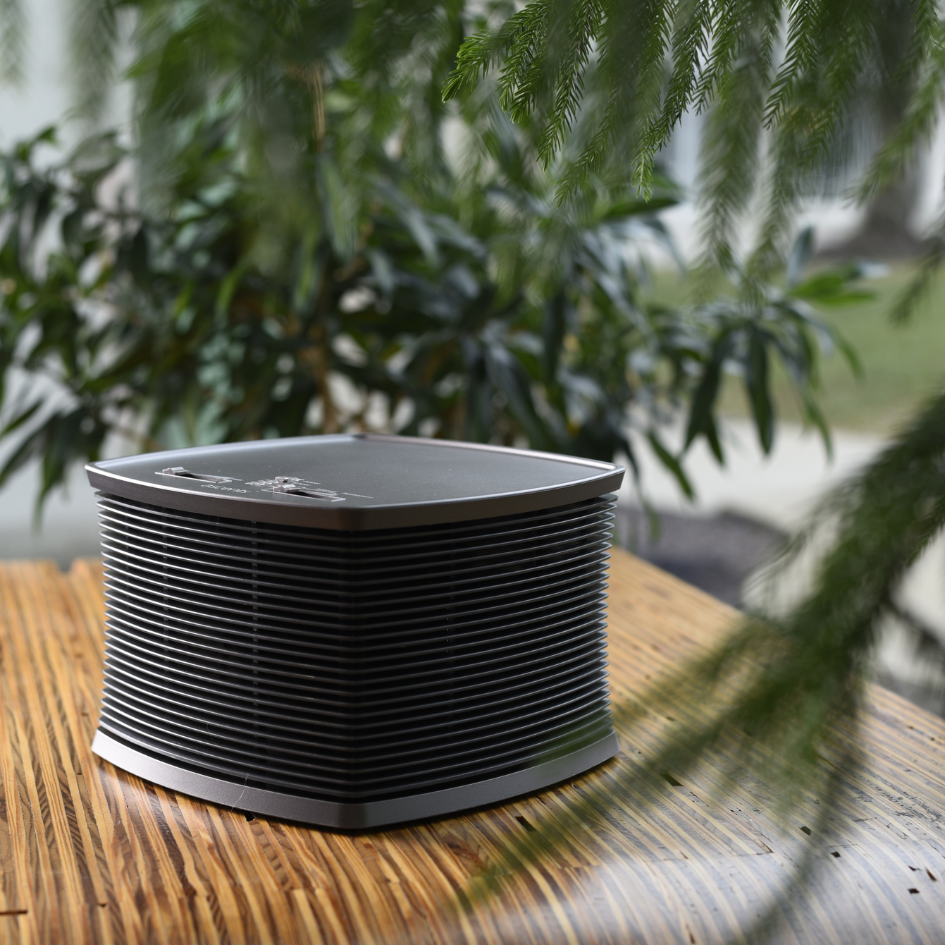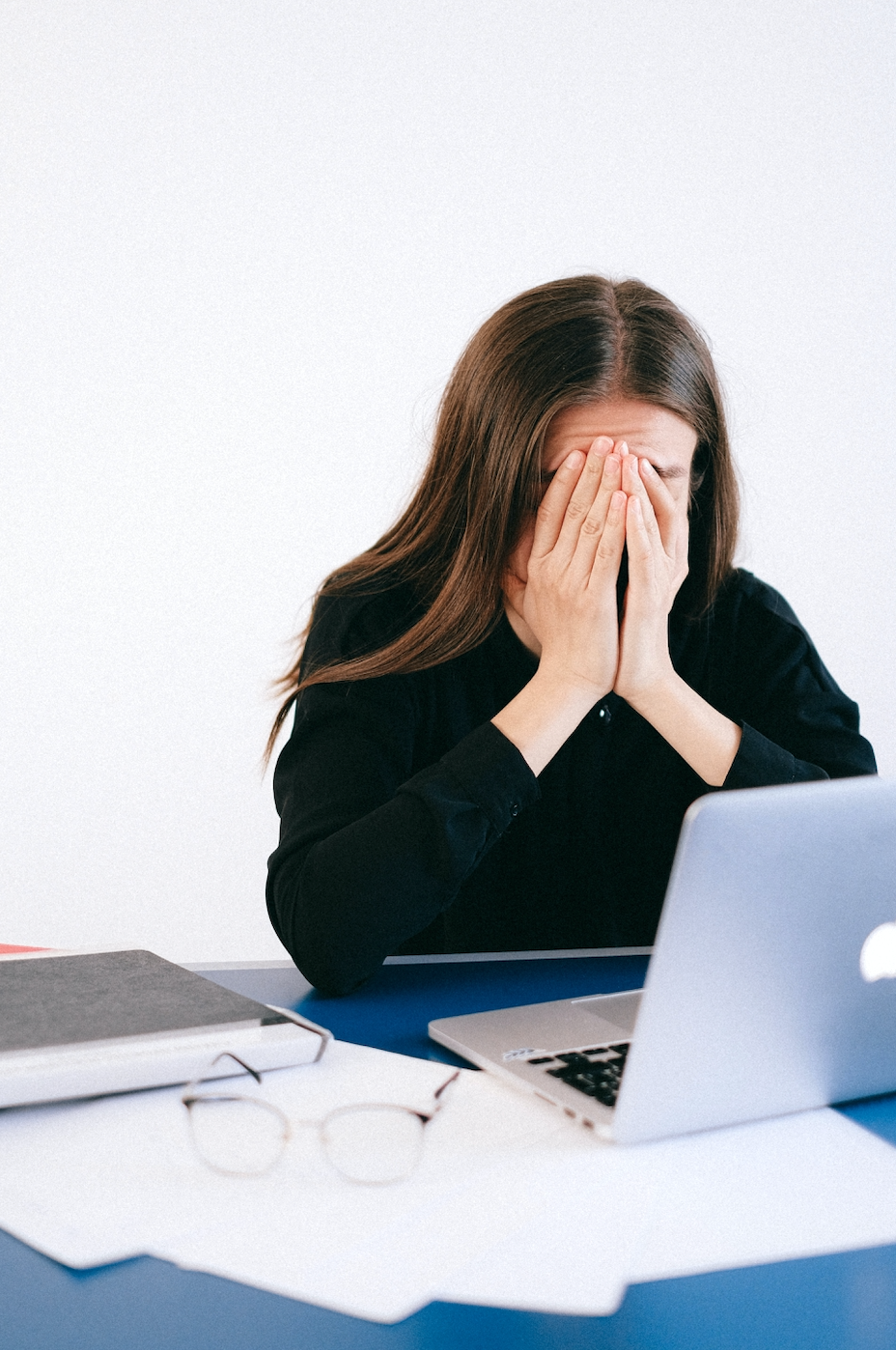
Breathe Easy, Stress Less: Clinical Aromatherapy Solutions for Stress and Anxiety
Stress and anxiety have become all too familiar companions for many of us. Juggling work, family, and life's many other demands can take a toll on our mental and emotional well-being. The good news is that there are effective ways to manage stress and anxiety, including clinical aromatherapy. In this article, we'll explore how aromatherapy works to reduce anxiety and stress, as well as other steps you can take to help you find some much-needed tranquility in your daily life.
The Science Behind Aromatherapy

Before we dive into the practical benefits, let's take a moment to understand the science behind clinical aromatherapy. It's not just about inhaling pleasant scents; there's some serious brain chemistry involved. Our sense of smell is deeply connected to the limbic system in our brains, which plays a significant role in emotions and memories. When you inhale specific essential oils, they stimulate the limbic system, triggering the release of mood-regulating hormones like serotonin and dopamine.
Ascents Clinical Aromatherapy: More Than Just Pretty Scents

Science and research is what sets Ascents clinical aromatherapy apart. We’ve been fortunate to play a part in multiple studies that prove the efficacy of our formulas, including Calm No. 34, for symptoms of stress and anxiety. We make these formulas available as inhalers, patches and diffuser systems to both hospitals looking for health solutions for their patients, as well as individuals searching for new ways to help manage various symptoms and enhance their overall well-being.
Other Strategies for Stress and Anxiety Management

While clinical aromatherapy can be a powerful tool, it's just one piece of the puzzle when it comes to managing stress and anxiety. Here are some additional strategies that make great complements to the regular use of aromatherapy.
- Exercise: Regular physical activity can work wonders for stress relief. Whether it's yoga, jogging, or simply a brisk walk in the park, exercise triggers the release of endorphins, our body's natural mood lifters.
- Mindfulness Meditation: Mindfulness practices help you stay present and focused, reducing anxiety about the future or past. Dedicate a few minutes each day to meditation to center yourself.
- Healthy Eating: A balanced diet can have a significant impact on your mood and stress levels. Incorporate whole foods, fresh fruits, and vegetables into your meals, and stay hydrated.
- Deep Breathing: Similar to aromatherapy, deep breathing exercises can help calm your nervous system. Try inhaling slowly through your nose, holding your breath briefly, and exhaling through your mouth.
- Journaling: Writing down your thoughts and feelings can be incredibly therapeutic. It helps you gain clarity on your stressors and emotions.
- Quality Sleep: Prioritize a good night's sleep. Sleep disturbances can exacerbate stress and anxiety. Create a sleep-conducive environment and stick to a regular sleep schedule.
- Yoga and Tai Chi: These ancient practices combine gentle movements with focused breathing. They can enhance your physical and mental flexibility while promoting relaxation.
- Adequate Hydration: Dehydration can contribute to stress and anxiety. Make it a habit to drink enough water throughout the day to keep your body and mind in balance.
- Art and Creativity: Engaging in creative activities, such as painting, drawing, or playing a musical instrument, can be therapeutic. These outlets provide an emotional release and allow you to express your feelings.
- Social Connections: Don't underestimate the power of social support. Sharing your thoughts and concerns with friends or family can be immensely comforting. Remember, you're not alone in your journey to manage stress.
- Limiting Caffeine and Sugar: High caffeine and sugar intake can lead to energy spikes and crashes, increasing feelings of anxiety. Moderation in your consumption can help stabilize your mood.
- Time Management: Stress often stems from feeling overwhelmed by numerous tasks. Prioritize your daily activities, create to-do lists, and set achievable goals to help reduce the feeling of being swamped.
- Disconnecting from Screens: Constant exposure to screens, whether from your phone, computer, or TV, can heighten stress and anxiety. Take breaks and unplug regularly to allow your mind to relax.
- Nature and Fresh Air: Spending time outdoors can be incredibly calming. Take a walk in a nearby park or nature reserve to reconnect with the natural world and clear your thoughts.
- Mindful Breathing Exercises: In addition to deep breathing, try specific breathing exercises such as the 4-7-8 technique, where you inhale for a count of 4, hold for 7, and exhale for 8. This practice can quickly calm your nervous system.
- Professional Help: If your stress and anxiety are overwhelming and affecting your daily life, consider seeking professional help from a therapist or counselor. They can provide valuable guidance and strategies to manage your mental well-being.
Remember, learning how to manage anxiety and stress is a very personal journey. What works best for one person may not be as effective for another. By exploring various strategies, including the use of clinical aromatherapy and some of the other tips mentioned above, you can tailor your stress management plan to fit your unique needs and preferences.









Leave a comment
This site is protected by hCaptcha and the hCaptcha Privacy Policy and Terms of Service apply.